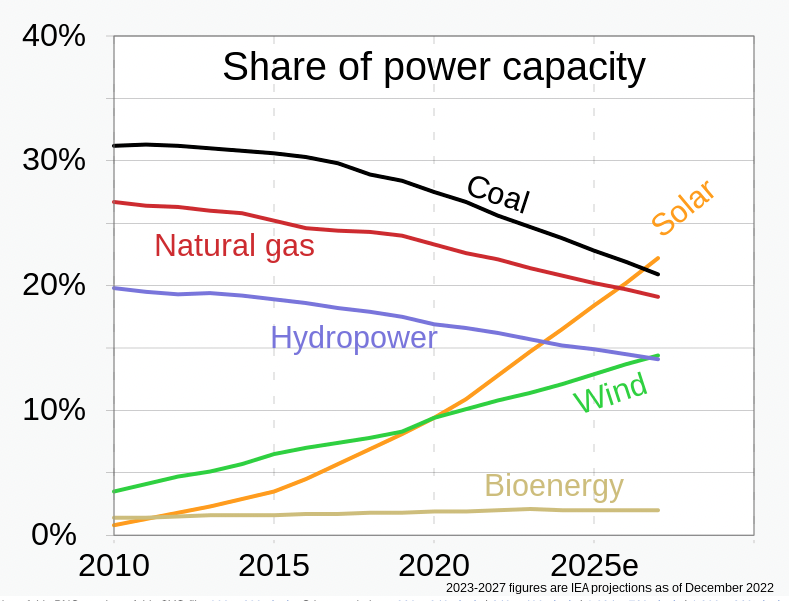The International Energy Agency (IEA), a nonprofit organization formed in 1974 in response to the OPEC oil embargo, has become a well-quoted source on other energy-related issues. Two years ago it predicted that the world could move easily to “zero-carbon” fuel. But writing in Forbes, Tilok Doshi says a new study by the Energy Policy Research Foundation has undermined most of those claims. He writes, somewhat sarcastically:
“The professional economists at the IEA assert that breaking the vast energy complex supporting the global economy to support low-density solar, wind and battery technologies will be of net benefit to national economies around the world. The sheer economic illiteracy of what is supposed to be the rich world’s authoritative energy thinktank is astounding, to say the least.”
The June 2023 analysis of the IEA study says:
“The Energy Policy Research Foundation’s analysis conclusively demonstrates that the IEA’s assumptions are unrealistic, internally inconsistent, and often support the case for increased hydrocarbon fuel production. The whole of the IEA net zero roadmap pivots on the assumption that the plunging cost of wind and solar will destroy demand for oil and gas. If that does not hold, the whole roadmap goes up in smoke. But as this report shows, the IEA’s own analysis contradicts its assumption on the economic superiority of renewable energy.”
The image from an International Energy Agency slide was taken by RCraig09 and licensed under CC BY-SA 4.0.

